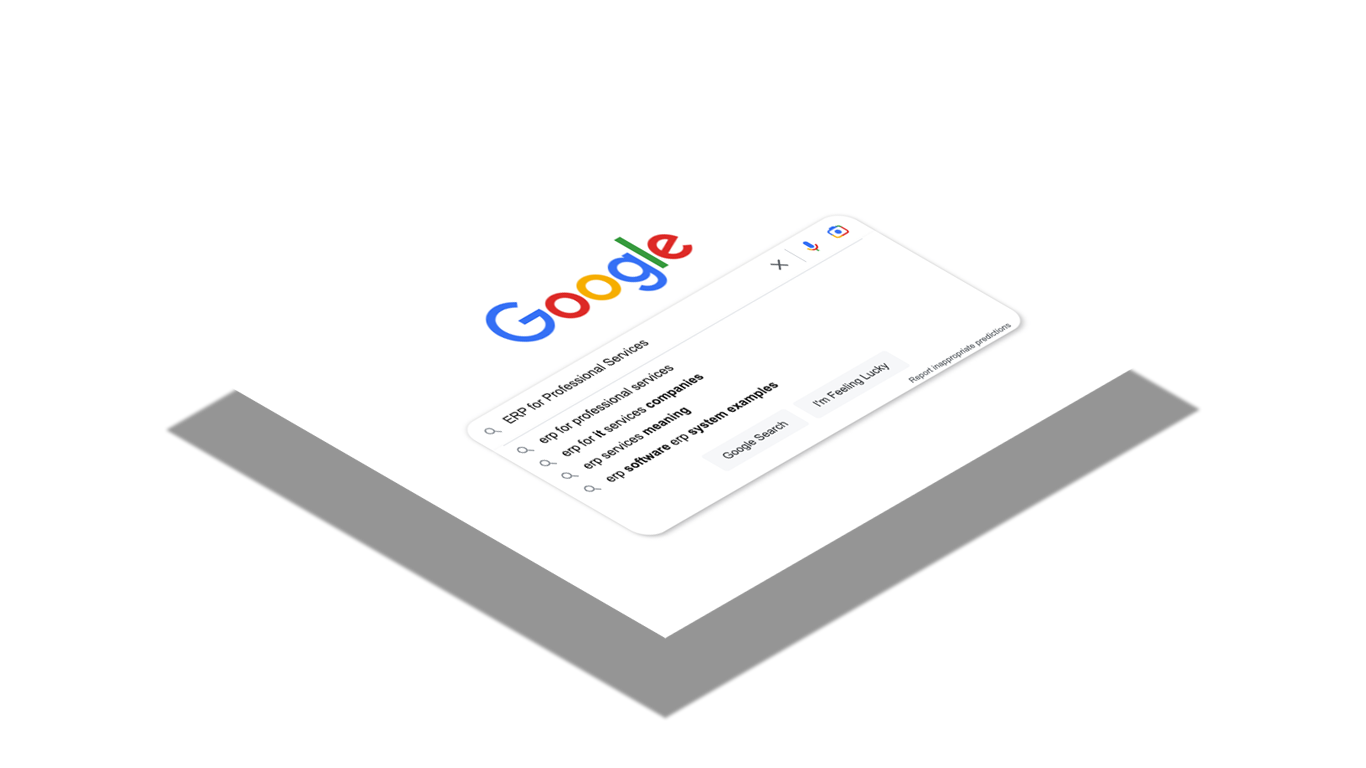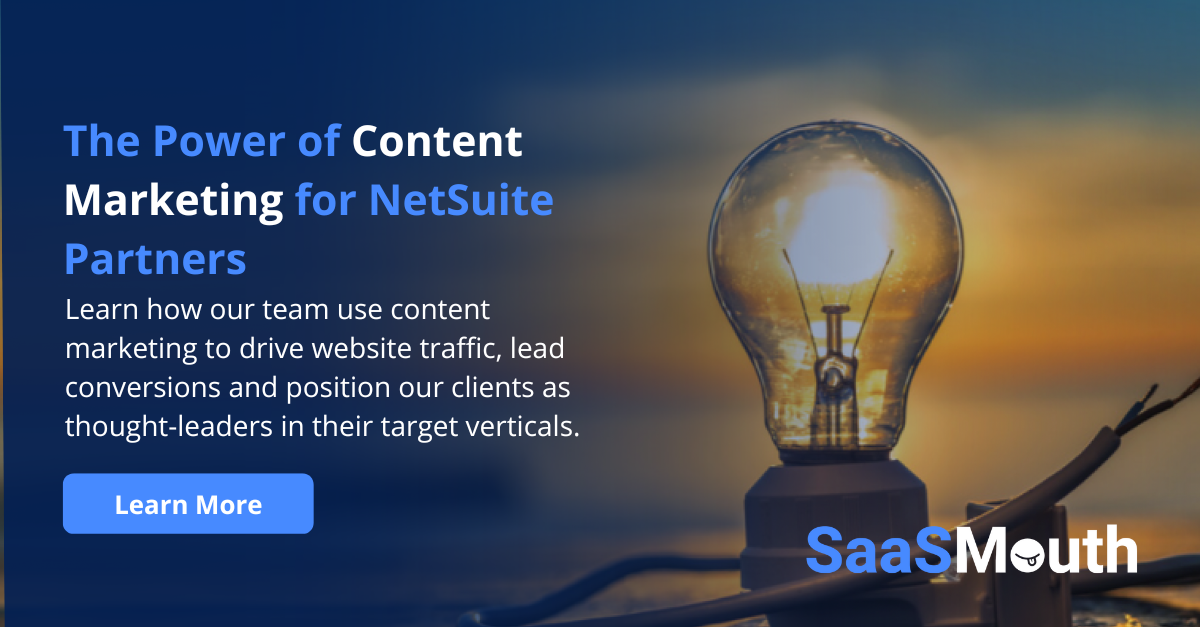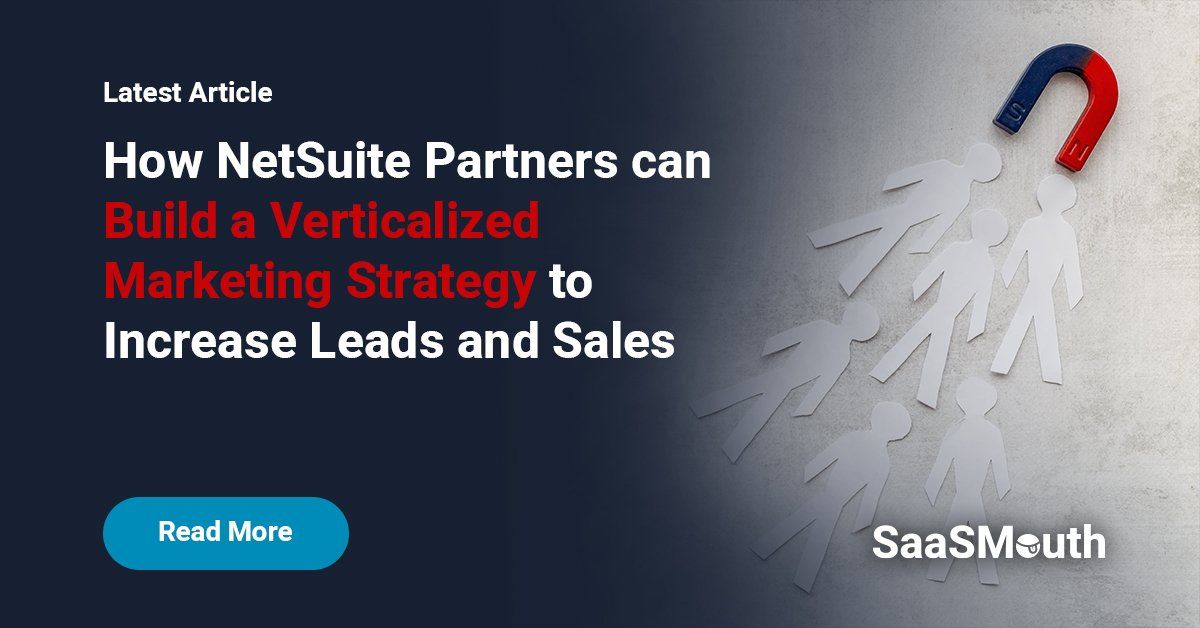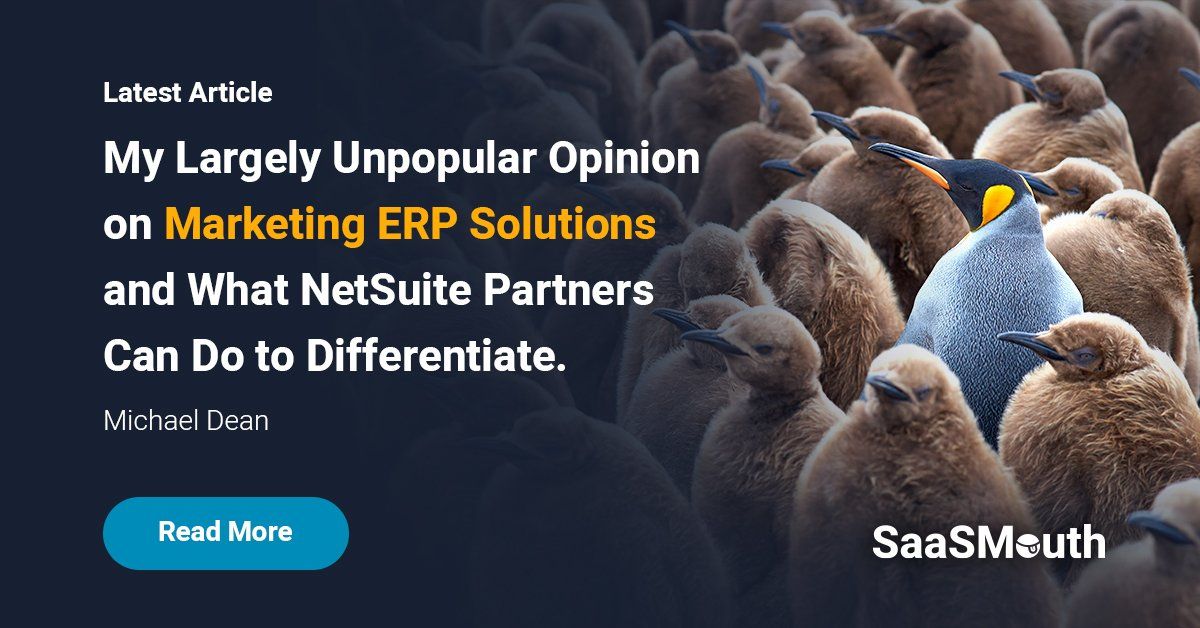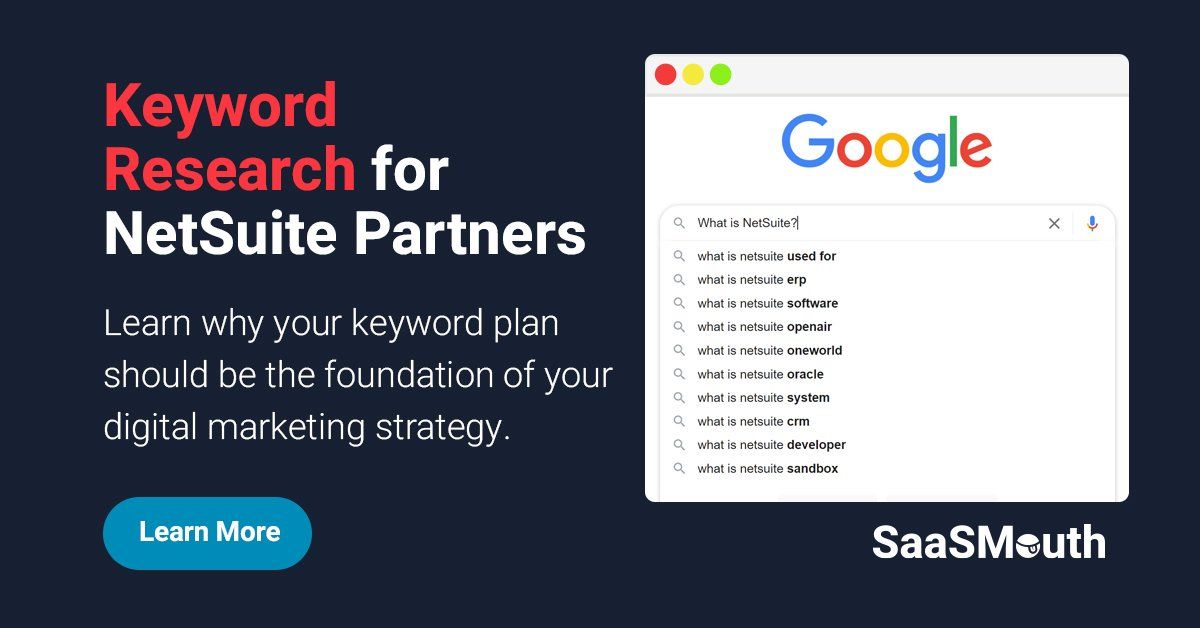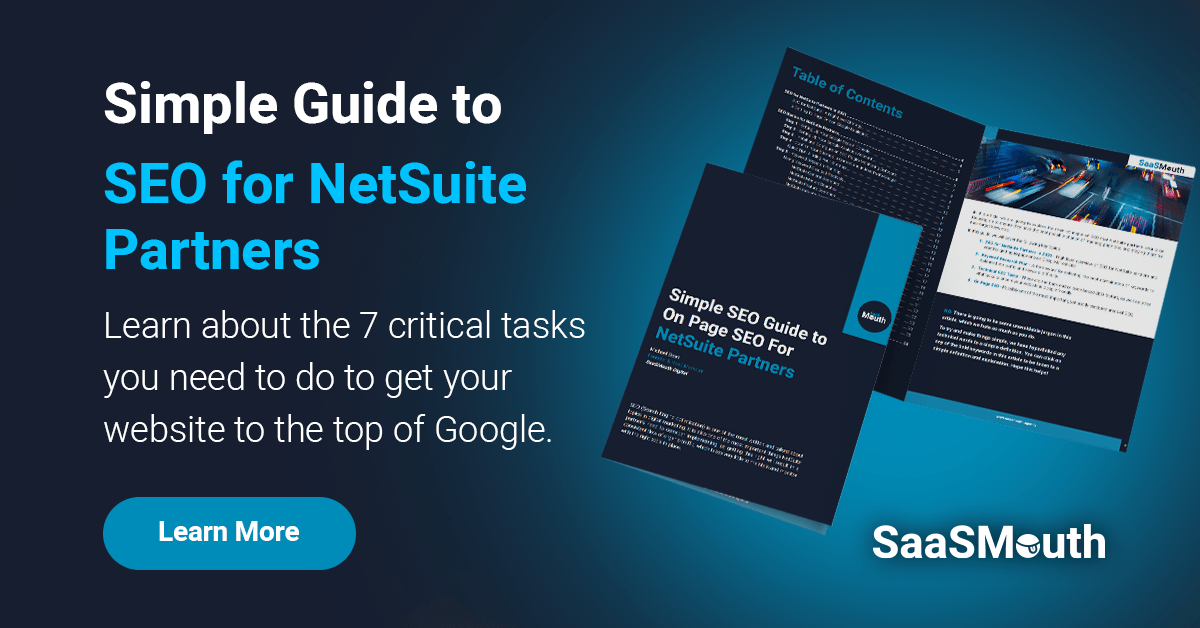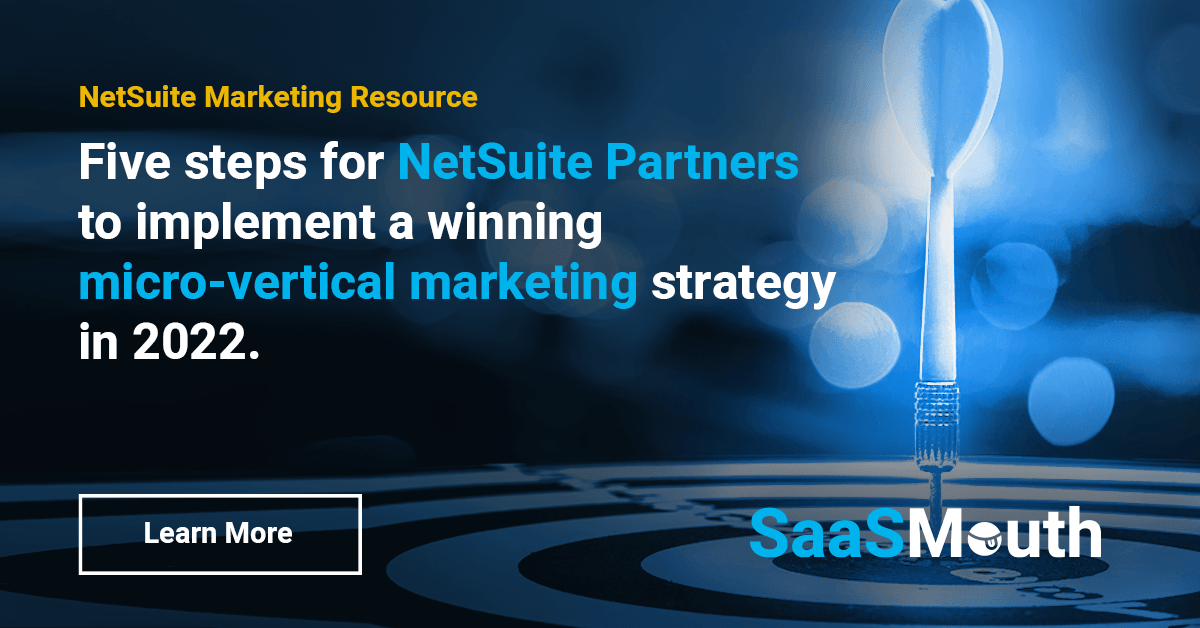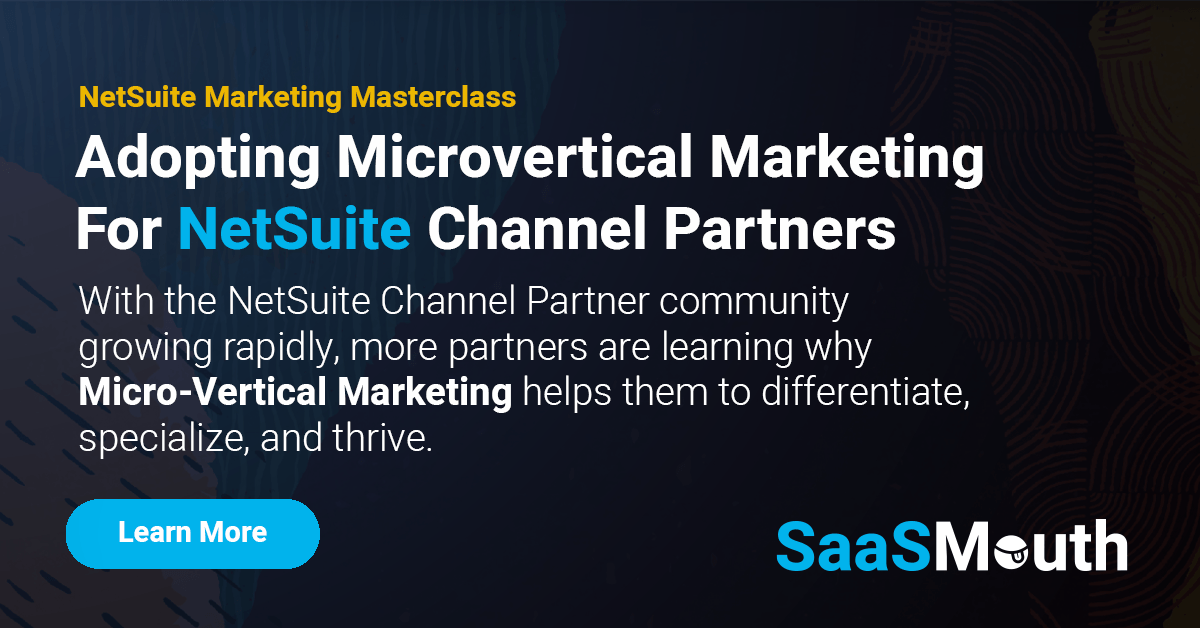Digital Marketing vs SEO : What's the Difference?
Digital marketing and SEO are two terms that are often used interchangeably, but they are not the same thing. While both are important aspects of online marketing, they have different goals, strategies, and target audiences. In this article, we will explore the differences between digital marketing and SEO, their benefits, and when to use each one.
What is Digital Marketing?
Digital marketing is the practice of promoting products, services, or brands using digital channels such as search engines, social media, email, and websites. It encompasses a wide range of tactics, including content marketing, paid advertising, social media marketing, email marketing, and more.
Definition of Digital Marketing
"Digital marketing is the promotion of products or services through digital channels, using tactics such as content marketing, paid advertising, social media, and email."
Exploring Digital Marketing Channels
Digital marketing channels are various tactics and strategies used to promote products or services through online channels. These channels have been developed to take advantage of the massive reach and accessibility of the internet. Below are some of the most popular digital marketing channels:
Goals of Digital Marketing
Digital marketing has become a vital aspect of modern marketing strategies for businesses of all sizes. The goals of digital marketing campaigns can vary depending on the business, industry, target audience, and budget. However, there are some common goals that businesses typically aim to achieve through their digital marketing efforts.
Increasing brand awareness
One of the most important goals of digital marketing is to increase brand awareness. This means making potential customers aware of a brand's existence, its products or services, and its unique value proposition. Digital marketing channels such as social media, content marketing, and SEO can help businesses to reach a wider audience and build brand recognition.
Driving traffic to a website
Another common goal of digital marketing is to drive traffic to a website. Businesses can use tactics such as SEO, PPC advertising, social media marketing, and email marketing to attract more visitors to their website. Once on the website, businesses can use various strategies such as landing pages and CTAs to convert visitors into leads or customers.
Generating leads
Lead generation is a crucial goal for many businesses, and digital marketing can be an effective way to generate leads. Businesses can use various digital marketing channels to capture contact information from potential customers and nurture them through the sales funnel. Lead generation tactics can include gated content, email marketing, and retargeting ads.
Increasing sales
Ultimately, the goal of digital marketing is to increase sales and revenue. Businesses can use various digital marketing channels to drive more sales, including email marketing, retargeting ads, and social media advertising. By using targeted messaging and calls to action, businesses can encourage customers to make a purchase and increase their overall revenue.
Building customer loyalty
Another important goal of digital marketing is to build customer loyalty. By providing valuable content, excellent customer service, and personalized experiences, businesses can build long-term relationships with their customers. Digital marketing channels such as email marketing and social media can be effective tools for building customer loyalty and engagement.
Improving customer retention
Finally, digital marketing can be used to improve customer retention. Businesses can use tactics such as email marketing, social media, and loyalty programs to keep customers engaged and coming back for more. By providing a great customer experience and staying top of mind, businesses can increase customer retention rates and reduce customer churn.
What is SEO?
SEO stands for search engine optimization, and it is the practice of optimising a website to rank higher in search engine results pages (SERPs) for specific keywords. The goal of SEO is to improve the quantity and quality of organic traffic to a website by increasing its visibility in search engine results.
Definition of SEO
"SEO is the practice of optimising a website to rank higher in search engine results pages for specific keywords."
Main SEO Components
There are several components of SEO, including:
Keyword research
Keyword research is a critical component of SEO that involves identifying the keywords and phrases that potential customers use when searching for products or services online. By understanding the language and search terms that their target audience uses, businesses can create content that is optimised for those keywords and improve their chances of ranking higher in SERPs.
On-page optimization
On-page optimization refers to the strategies and tactics used to optimize the content and structure of a website for search engines. This includes optimising title tags, meta descriptions, headings, and images, as well as ensuring that the website is user-friendly, mobile-responsive, and fast-loading.
Off-page optimization
Off-page optimization refers to the strategies and tactics used to improve the authority and credibility of a website by building high-quality backlinks from other reputable websites. This can include tactics such as guest blogging, influencer outreach, and social media promotion.
Technical SEO
Technical SEO refers to the strategies and tactics used to optimize the technical aspects of a website for search engines. This includes optimising website structure, improving website speed and performance, ensuring proper URL structure and formatting, and implementing schema markup.
Local SEO
Local SEO is a specific type of SEO that focuses on optimising a website for local search queries. This includes optimising Google My Business profiles, building local citations, and creating locally-focused content.
Goals of SEO
The goals of search engine optimization (SEO) are centred around improving a website's ranking and visibility in search engine results pages (SERPs). Here are some of the main goals of SEO:
Improving website visibility in search engine results pages
The primary goal of SEO is to improve a website's visibility in search engine results pages. By optimizing the content and structure of a website, businesses can increase their chances of ranking higher in SERPs for relevant keywords and phrases.
Driving more organic traffic to a website
Another goal of SEO is to drive more organic traffic to a website. By improving a website's visibility in SERPs, businesses can attract more potential customers who are actively searching for products or services related to their business.
Increasing website authority and credibility
SEO can also help to increase a website's authority and credibility in the eyes of search engines and users. By creating high-quality, valuable content and building high-quality backlinks from other reputable websites, businesses can improve their website's authority and credibility, which can lead to higher rankings in SERPs.
Improving user experience on a website
SEO also involves improving the user experience on a website. By optimising website structure, navigation, and page speed, businesses can create a more user-friendly website that provides a better experience for visitors.
Generating leads and sales from organic traffic
Finally, one of the main goals of SEO is to generate leads and sales from organic traffic. By attracting more potential customers to a website and providing them with a positive user experience, businesses can increase the chances of converting those visitors into leads or customers.
The Differences Between Digital Marketing and SEO
While digital marketing and search engine optimization (SEO) are both crucial components of online marketing, they have different scopes, strategies, target audiences, costs, and timeframes.
Scope
Digital marketing encompasses a wide range of tactics, channels, and strategies. It includes everything from search engine marketing (SEM) and social media advertising to email marketing and influencer marketing. SEO, on the other hand, is a subset of digital marketing that focuses specifically on optimizing a website to rank higher in search engine results pages.
Strategy
Digital marketing strategies can vary widely depending on the business and the goals of the campaign. The strategy may include a combination of different channels and tactics, such as creating engaging content, running ads on social media platforms, and sending email newsletters to subscribers. SEO, however, has a more specific strategy that focuses on optimizing website content and structure to rank higher in search engine results pages.
Target Audience
Digital marketing can target a broader audience, including those who are not actively searching for products or services. For instance, social media marketing can be used to raise brand awareness and engage with potential customers who may not yet be aware of the business. SEO, on the other hand, targets people who are actively searching for specific products or services using search engines.
Cost
Digital marketing can be more expensive than SEO in the long term, depending on the tactics and channels used. For example, running ads on social media platforms or using influencer marketing can involve significant costs. SEO, on the other hand, can be more cost-effective in the long run since it focuses on generating organic traffic rather than paying for ads.
Timeframe
Digital marketing campaigns can show results more quickly than SEO since it includes paid advertising and social media marketing. For instance, a well-targeted Facebook ad campaign can generate immediate traffic and sales. SEO, on the other hand, can take longer to show results since it focuses on improving website authority and credibility over time. However, the results of SEO can be more sustainable in the long term and can lead to a higher return on investment (ROI) over time.
Benefits of Digital Marketing and SEO
Both digital marketing and SEO have their benefits, and businesses should consider using both to achieve their goals.
Digital Marketing Benefits
- Can reach a broader audience
- Can generate faster results
- Can be more targeted with paid advertising
- Can build brand awareness and loyalty
- Can provide valuable customer insights through analytics
SEO Benefits
- Generates organic traffic
- Improves website authority and credibility
- Can be more cost-effective in the long run
- Can provide long-lasting results
- Can improve user experience on a website
Conclusion
In conclusion, digital marketing and SEO are both important aspects of online marketing, but they are not the same thing. Digital marketing encompasses a wide range of tactics and channels, while SEO focuses specifically on optimizing a website to rank higher in search engine results pages. Businesses should consider using both to achieve their goals and improve their online presence.
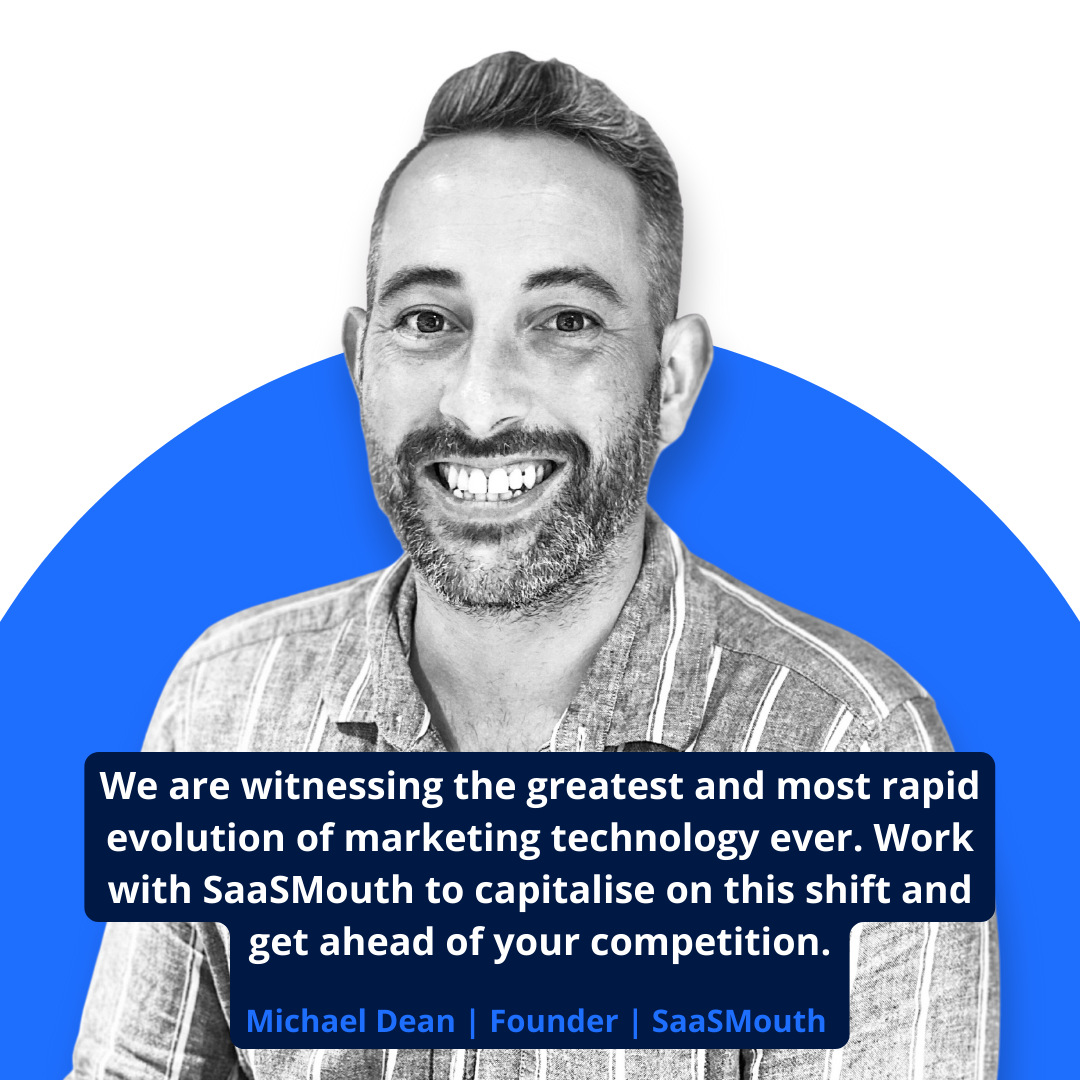
Let's Connect
Michael Dean
Head of Content & Founder, SaaSMouth
Michael Dean is the founder of SaaSMouth, a cutting-edge digital marketing agency dedicated to empowering SaaS companies and ERP partners with the power of AI, automation, and generative technologies. With twenty years of experience in digital marketing and ERP sales, Michael has developed a deep understanding of the unique challenges faced by SaaS Software vendors and ERP resellers and has devoted his career to creating innovative solutions that help them thrive in the digital space.
Recognising the immense potential of artificial intelligence and automation in marketing, Michael founded SaaSMouth to bridge the gap between traditional marketing approaches and the rapidly evolving landscape of the software industry.
Under Michael's leadership, SaaSMouth has become a pioneer in its field, leveraging state-of-the-art AI-driven tools to provide personalised, data-driven marketing solutions that maximise ROI and drive exponential growth for clients.






